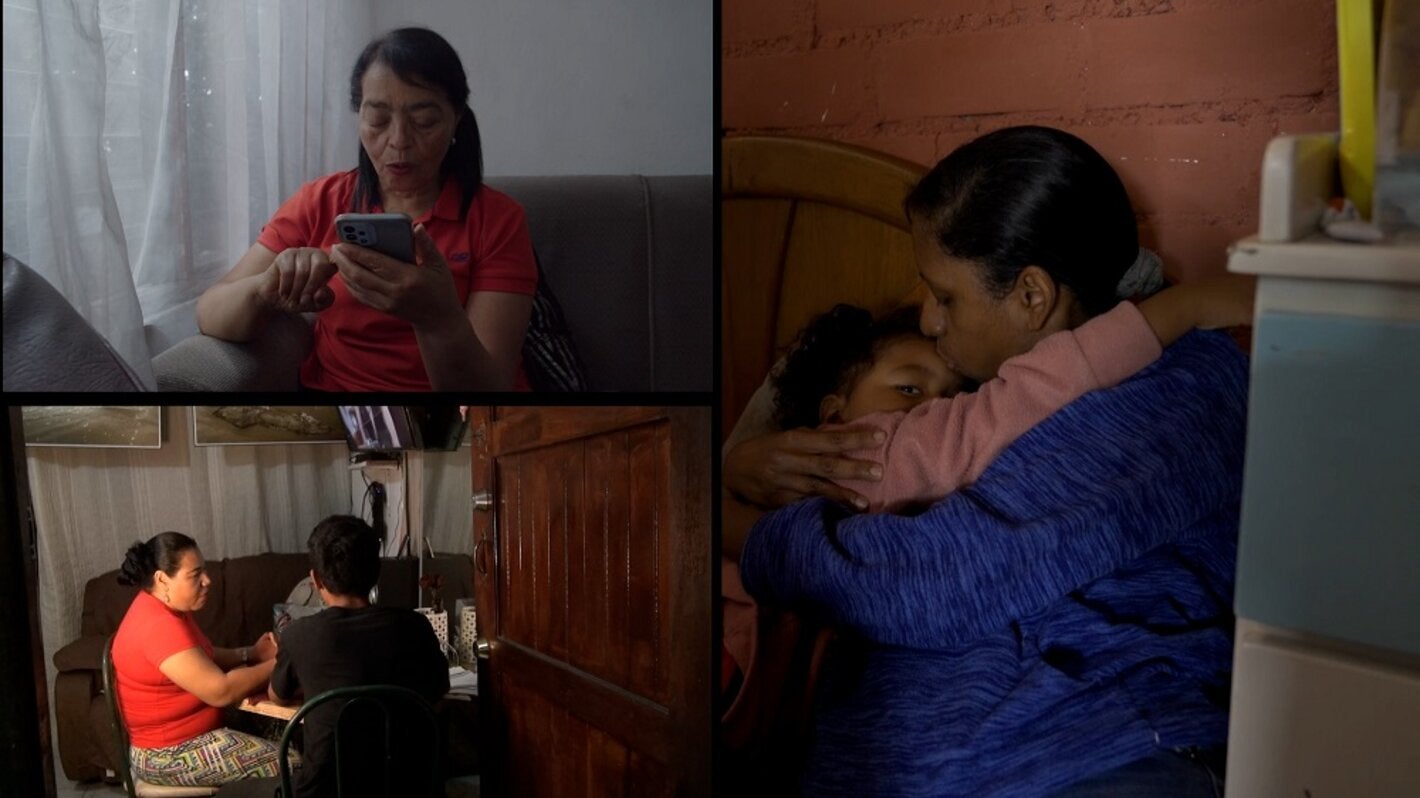
Washington, D.C., 18 December 2023 - Globally, labour migrants, especially those in an irregular status, are at greater risk of occupational injuries and work-related diseases than their host communities, particularly due to employment in high-risk sectors, including in the 3D jobs –dangerous, dirty, demanding. Even though traditionally not considered high-risk employments, migrants in the care and service sectors, such as domestic workers, are often exposed to long hours and considerable hardship, which can have an impact on their health.
In Latin America, there are 18 million domestic workers, 17.2% of which are migrants. They often migrate due to income and situations in the countries of origin. Moreover 92% of all migrant domestic workers are women. Such migrant workers are often exposed to abuse, stigma, and discrimination, which affect their health and well-being.
On International Migrants Day (December 18th), we share the stories of three female domestic migrant workers from Latin America, Ángela Ramírez, Katia Contreras, and Eva María Quezada. They spoke of hope and shed light on the challenges of settling and working in a new country through a video report recently produced for the Fourth WHO Global School on Refugee and Migrant Health, which was web streamed globally from Dakar on 27 November-1 December 2023..
Ángela Ramírez, a Colombian migrant moving to Costa Rica to support the education of her children remaining in their country of origin
“I came from Colombia to work here to support my children’s education, but they stayed back in Colombia.
In order to work, I had to have insurance. Where I worked, they did not enroll me to receive coverage. I obtained residency through my husband, and my husband enrolled me, because where I work no one provides me with insurance.
We [are] fighting for our rights to be insured, to have all benefits, to be treated well, to not be discriminated against."
Katia Contreras, a Venezuelan migrant who moved to Peru when the economic crisis hit and her health condition worsened
"Coming and starting anew was tough. At some point I thought that things would be a bit easier.
It has been very difficult for me because there are people who are very demanding, that don’t want to pay you fairly. They make you do extra things and may even humiliate you.
I have felt depressed and helpless, very sad many times. I have felt abandoned because many people would say to me: ’if you don’t have a receipt, you can’t claim your rights’.
It has been difficult to access the health system since I don’t have something secure, stable. [I am employed] per day, so I don’t get those kinds of benefits. I go to [health centres], but many times I have to cover the costs of medications myself. I also have to pay for many of the consultations. This is very detrimental to me, economically."
Eva María Quezada, a Nicaraguan migrant who moved to Panama due to the political instability of the country at that time
"Obviously, I came here with my heart torn in half because my family is entirely there.
The first job I found was as a domestic worker, in a family home, enclosed 24/7. So, it was difficult.
I have suffered verbal discrimination.
I have never been sick much, but the only time I got sick, I think it was due to stress or for being overwhelmed. So, that time I remember it was around three in the morning, I passed out at work, something that had never happened to me before.”
The stories act as an alarm bell pointing to the need to promote comprehensive policies that protect migrant women and ensure access to decent working conditions to improve their health and overall quality of life.
The 2023 Global School on Refugee and Migrant Health was organized by the WHO’s Department of Health and Migration, in close collaboration with the WHO Health Emergencies Programme, WHO Regional Office for Africa and the WHO Country Office in Senegal and hosted by the Ministry of Health of Senegal. It was funded by the Ministry of Foreign Affairs and International Cooperation of Italy, Ministry of Foreign Affairs of Portugal and Universal Health Coverage Partnership.
Original article published on WHO website: https://www.who.int/news-room/feature-stories/detail/shedding-light-on-the-challenges-of-migrant-workers-in-latin-america-on-migrants--day






